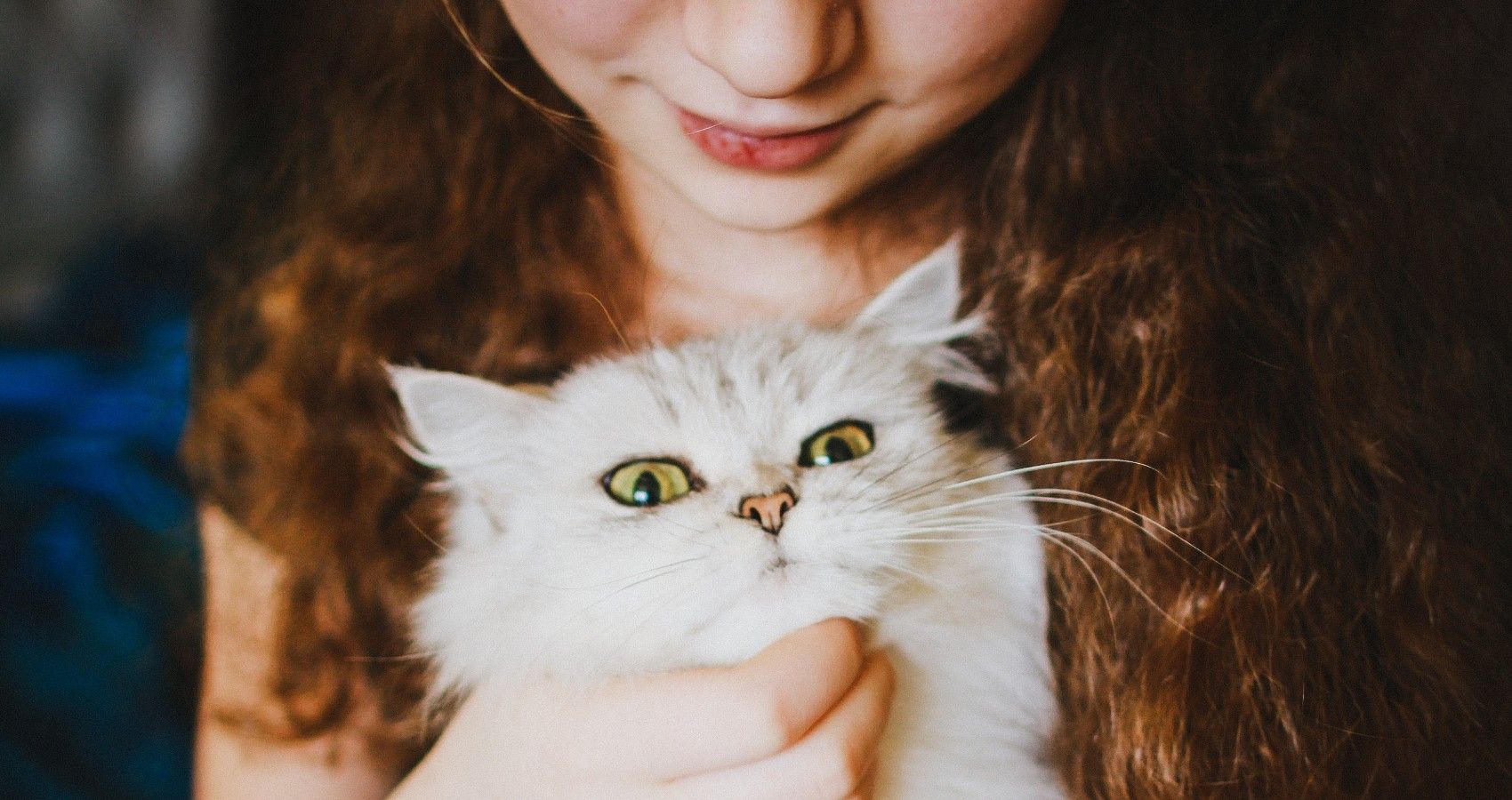A new study is showing that cats can help children feel socially comfortable –that will always be good news. Children who have autism spectrum disorder face a lot of challenges on their journey. While there are resources and treatments available for children and their families, research continues to be done to see just what can truly help these children adapt and feel comfortable in any situation. While cases will vary from child to child, a lot of children with autism struggle to feel comfortable in social environments. A new study is showing that a family pet may be the key.
Pet therapy, or using animals to help patients in many different health scenarios, has been around for decades. However, one study is showing that they can help children with autism handle social situations they may find uncomfortable, according to Psy Post.
This study, which can be read in full here, spoke specifically about cats. This is great because cats are a fairly popular pet for families to have, and they are a relatively easy pet to care for should moms decide to get one now.
The study found that patients who had autism showed greater empathy, less separation and anxiety, and fewer behavioral problems when a cat was introduced to their family.
This is great news because while there are treatment options to help children who struggle with anxiety, communication difficulties, and behavioral problems, they remain isolated which can cause stress on themselves and their families.
Gretchen K. Carlisle stated that dogs are usually used as companion animals, but her team discovered that cats may be a better option. This is mainly due to the fact that cats are generally a lot calmer than dogs in nature, and they are easier for the family to take care of, including a child with autism.
•The team collected information from 15 children with autism spectrum disorder and their families.
•They were randomly split up into 2 groups:
·One group who would be getting a cat from a shelter immediately
·The other who would be put on an 18-week waitlist for a cat.
Both groups were followed and studied for the 18 weeks, and then the second group all received cats.
•The children were all between the ages of 6 and 14 years old
•The cats were all screened for a “docile” temperament.
•Parents answered surveys throughout the study and it showed that bonding started almost immediately between the child and the cat, and it only grew as the study went on.
•By the 12th week, children were showing more empathy
•By 6 weeks, they were showing a reduction in bullying behavior, hyperactivity, inattention, and lower separation anxiety.
If you and your family like cats, it may be worth a shot.
Sources: Psy Post, Pediatric Nursing

